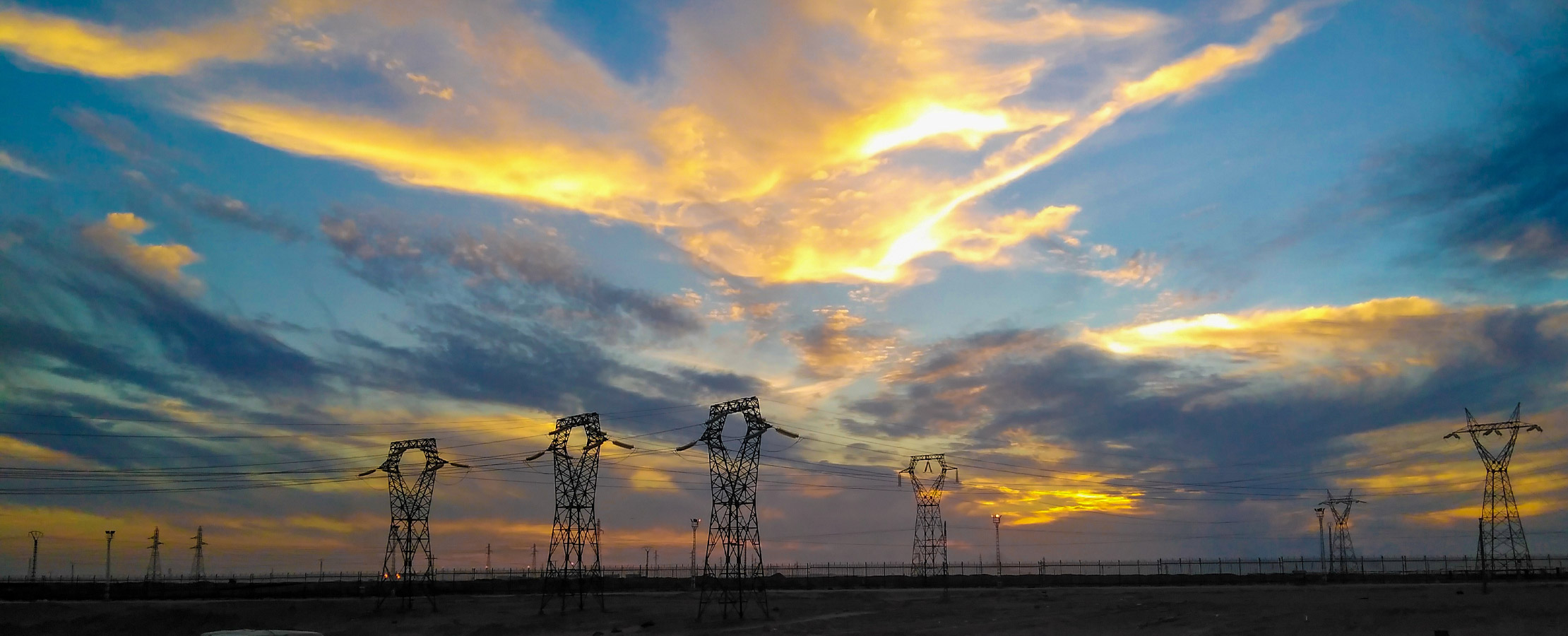Algeria Powers Ahead with Huge Renewable Energy Plans
A leading producer of natural gas and liquefied natural gas, Algeria also has ambitious renewable energy and energy efficiency programs that promise to expand its energy resources and support sustainable development.
The Government of Algeria has committed to securing foreign investments and advanced energy technology partners to become a global competitor in the renewable energy marketplace. It has sought to expand the production of renewable resources, such as solar, wind, biomass, geothermal and hydropower, as part of the implementation of its energy transition road-map based on Renewable Energy Development and Energy Efficiency Promotion.
Algeria aims to reach 15,000 megawatts (MW) of electricity generation capacity based on renewable resources by 2035, with a growth rate of 1000 MW/year. Furthermore, around 1000 MW of off-grid renewable energy installations are expected to be put on stream by 2030. A new law on energy transition is being prepared.
To reach its renewable targets, the Ministry of Energy Transition and Renewable Energy will launch in the second half of 2021, a call for investors for its first megaproject of 1000 MW of solar photovoltaic power plants. The project is divided into lots of 50 to 200 MW each. The goal is to attract independent power producers (IPPs) to develop renewable energy resources, the most abundant of which is solar.
For these projects, Algeria welcomes foreign investment, and it has revised a number of regulations to encourage it, including allowing foreign entities to own a majority stake. Investors must meet some local content requirements, including using equipment manufactured in Algeria, largely solar panel and assembly structures. There are factories producing solar panels in Boukherana industrial zone, and the province of Ouargla.
Algeria's renewable energy potential is enormous, mostly focused on solar. Some 60 solar photovoltaic plants, concentrated solar power plants and wind farms as well as hybrid power plants are planned. Because of its location in the Sahara Desert, Algeria's solar potential is huge, estimated to be as high as 14 TWh per year.
Algeria's Sonatrach and Eni, the Italian oil and gas company, jointly built a 10 MW solar plant in 2017. Sonatrach's 2030 Vision calls for the installation of 1.3 GW of solar generation capacity at the company's oil and gas sites, mainly to cover electricity needs on production sites.
It is expected that some 30-40 percent of the electricity produced for domestic consumption would be from solar energy by 2030.
One of the world's first hybrid power stations is located at Hassi R'Mel, which combines a concentrated solar power array covering over 180,000 square meters, coupled with a gas turbine and steam cycle plant, using natural gas as well as solar-generated steam. The plant started electricity production in June 2011.
Algeria also has 13 hydropower plants, and they represent its third-largest energy resource after natural gas and oil. Most of Algeria's hydropower plants are located in the northern parts of the country that benefit from high levels of rainfall.
Algeria has tremendous wind energy and geothermal potential as well. Its wind potential is forecast to be about 35 TWh/year. It built its first wind farm at Adrar, with an installed capacity of 10 MW and with funding from the state-utility Sonelgaz. And a series of thermal springs in north central Algeria in locations such as Ouarsenis, Biban and Kabylie hold promise for geothermal plants.






